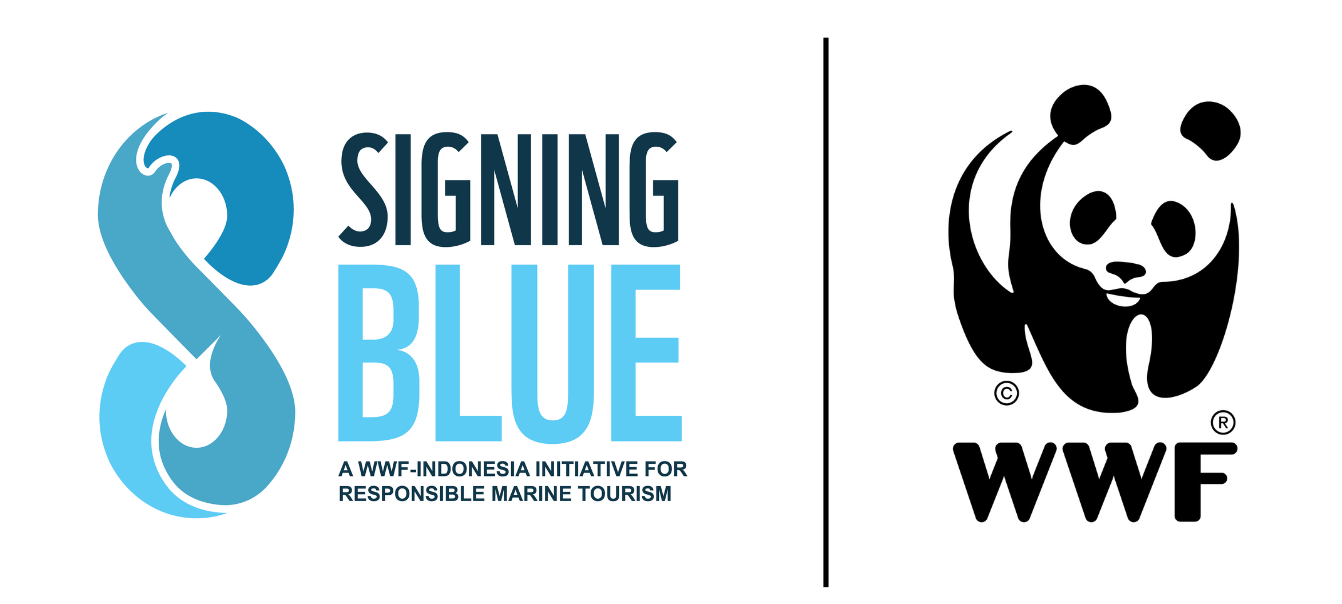The Wonders of Derawan Sea: Home to Turtles, Sharks, Rays, and Marine Mammals
Derawan, an island cluster in East Kalimantan, is widely known as a premier marine tourism destination. Beyond its tourism appeal, however, the area harbors extraordinary biodiversity, serving as home to various key marine species that are now threatened with extinction. To safeguard them, a joint team from WWF-Indonesia, BPSPL Pontianak, the Technical Implementation Unit for Coastal and Small Islands Conservation Areas (KKP3K) of the Derawan Islands and Surrounding Waters, and the East Kalimantan Natural Resources Conservation Agency (BKSDA) conducted a cross-sector scientific expedition to identify critical habitats in Derawan waters.
Technology-based surveys were carried out from the sky to the seafloor to identify important habitats for protected and endangered marine species. Using drone technology, the team was able to monitor vast stretches of ocean efficiently, including areas difficult to access by boat or divers. Aerial data provided insights into the numbers, behavior, and spatial distribution of species such as turtles and marine mammals—without disrupting their natural activities.
Beneath the surface, survey methods such as time swim, photo identification, and BRUV (Baited Remote Underwater Video) were employed to visually record the presence of species. The team also applied the Capture-Mark-Recapture method for the giant guitarfish (Glaucostegus typus)—a conservation priority species classified as Critically Endangered, facing an extremely high risk of extinction.
During the habitat survey, hundreds of sea turtles were recorded using the area for nesting, feeding, and resting. Dozens of dolphins were also observed passing through, with mating behavior documented—further confirming the area’s role as both a migration corridor and an important social ground for marine mammals.
Even more remarkable, the area was identified as a nursery ground for giant guitarfish. Such nursery habitats are crucial for the survival of juveniles, providing safe spaces for them to grow and develop.
In addition, the surveys confirmed the presence of other marine species, including whale sharks, thresher sharks, sperm whales, stingless jellyfish, and abundant reef fish. These findings reaffirm that Derawan waters are a vital habitat for a wide range of protected and endangered marine species, while also holding significant potential for biodiversity-based conservation and ecotourism.
As part of the global commitment to safeguard marine biodiversity, WWF-Indonesia has been actively implementing conservation programs in the Derawan Islands. The focus includes strengthening the management of marine protected areas, protecting endangered, threatened, and protected (ETP) species, supporting sustainable fisheries involving local communities, and promoting responsible tourism practices.
WWF-Indonesia is also developing a Reduce, Reuse, Recycle Waste Processing Facility (TPS 3R) to support better waste management—addressing household waste as well as waste generated by marine tourism activities.
These programs contribute to the government’s Blue Economy targets, including Indonesia’s commitment to protect 30% of its marine areas by 2045. Implementation is carried out through close collaboration with government partners, academics, and local communities as part of a long-term sustainability approach.
By positioning Derawan as a model of inclusive conservation that also supports local livelihoods, WWF-Indonesia demonstrates that ocean conservation is not only about protecting nature but also about building a future where people and the sea coexist in harmony.
Support WWF-Indonesia in advancing the management of critical habitats for ETP species in Derawan waters—for the sustainability of Indonesia’s marine ecosystems, the nation’s natural heritage, and the future of generations to come.

.jpg)